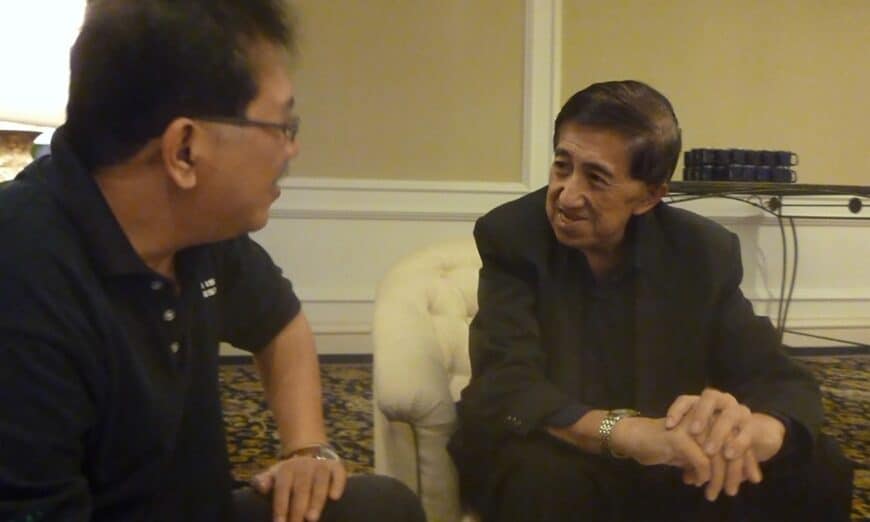Known as “Mr Piano,” the late Datuk Ooi Eow Jin initially did not enjoy playing the instrument but grew to love it over time.
He shared this insight with Paul Augustin, during an interview while Paul was compiling profiles for his co-authored book, Just For the Love of It, with James Lochhead.
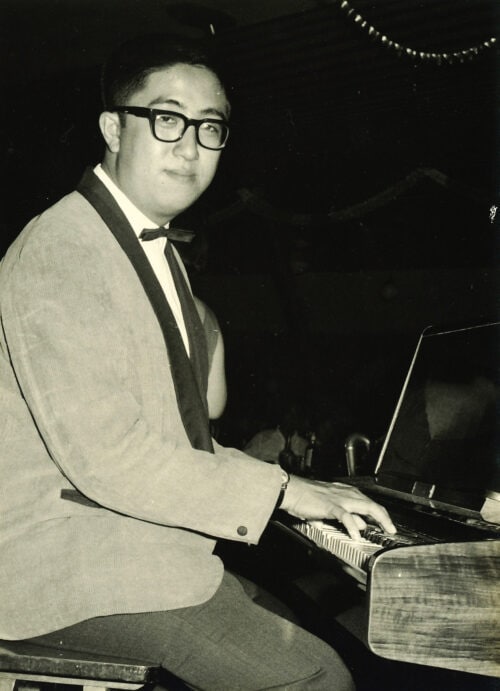
Eow Jin passed away on Wednesday at the age of 86 at Kuala Lumpur Hospital. He had been diagnosed with Alzheimer’s in 2015, the same year he was awarded a Datoship by the former Yang di-Pertua Negeri Pulau Pinang, Tun Abdul Rahman Abbas.
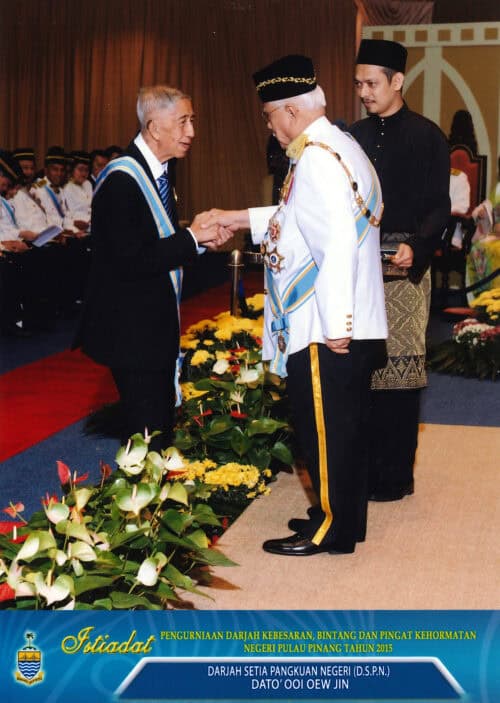
In his later years, Eow Jin was bedridden and cared for by his wife, Datin Elaine Khaw Lean Kee, with the assistance of a caregiver. Tragically, they had earlier lost both their sons.
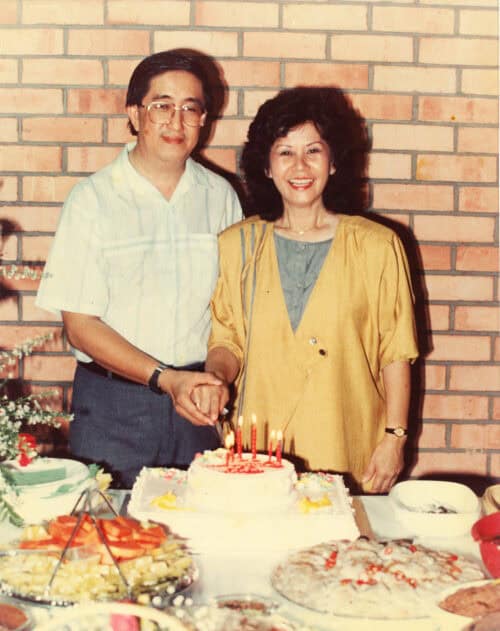
During their interview, Paul recalled Eow Jin’s words: “Learning was not a choice – I was told to do it and I did it. I didn’t enjoy the piano lessons because I had to play classical tunes, which I found boring.”
Unlike many musicians of his era, Eow Jin was required to learn an instrument from a young age. When Eow Jin reached Grade 3 on his piano, his father arranged for him to take accordion lessons from David Ng, the son of a close friend. However, these lessons were brief as David moved to Singapore to pursue his career and went on to become a renowned jazz pianist.
Despite the short duration, the accordion lessons left a lasting impression. David encouraged him to play popular songs and develop his own style, sparking Eow Jin’s renewed interest in music, particularly modern pop music.

Born on 3 June 1938, Ewe Jin started his education at Wellesley Primary School for two years before moving to Westlands School and then Penang Free School (1952–1955) where he obtained his Cambridge School Certificate.
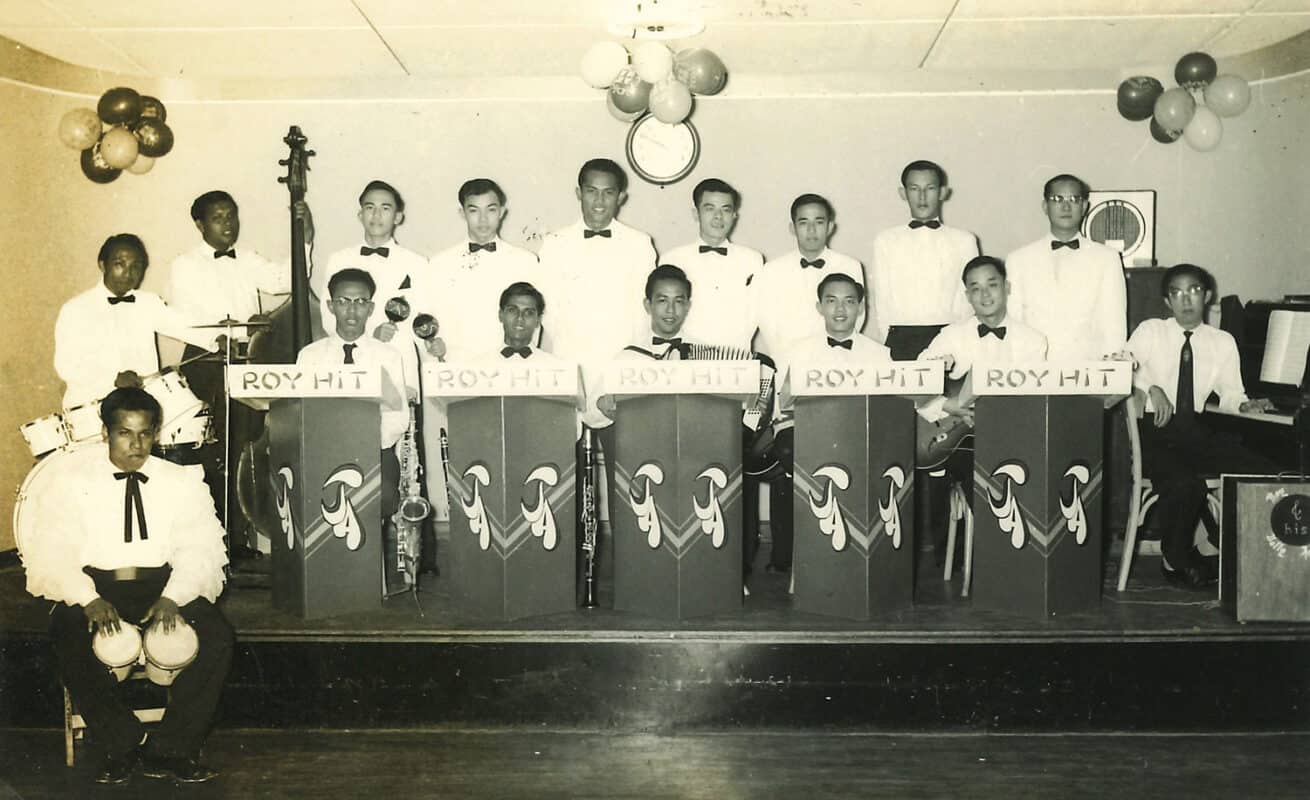
In the 1950s, Eow Jin joined his first band, Roy Hits and the Jolly Amigos, led by Robert Tan. He played accordion and piano (if one was available at the venue). The Jolly Amigos was a popular band of that period, performing at various functions and holding a steady gig at the Chinese Swimming Club (CSC).
The steady gig in CSC was simply because one member of a prominent family in Penang loved ballroom dancing, frequented the Chinese Swimming Club and found that the band could play ballroom dancing music.
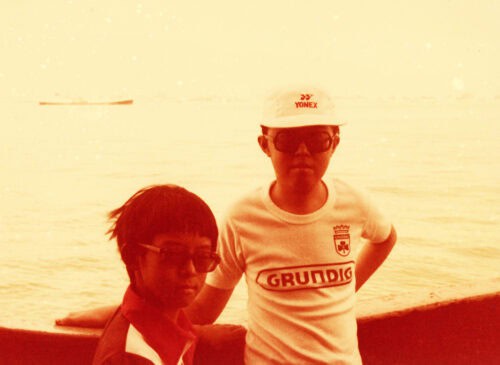
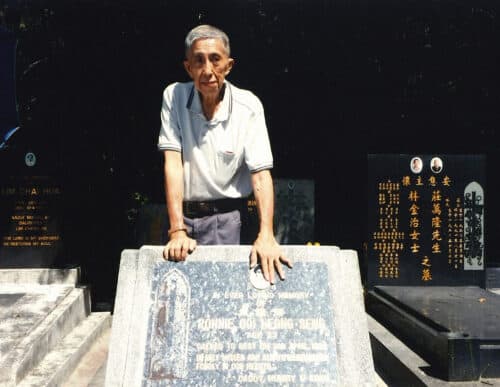
Eow Jin’s musical journey took off unexpectedly at his Form Five farewell dance, where Robert Tan’s band was performing. Despite not knowing how to dance, his passion for music was evident. He knew the accordion player, who asked him to come and sit in with the band. Tan noticed his talent and invited him to join the band’s practice sessions, marking the beginning of his musical career.
Eow Jin later played at a cabaret club on Noordin Street and joined Albert Yeoh’s band at the E&O Hotel on weekends, while working as an English teacher and a government clerk.
One day, he heard the Ted Heath Orchestra playing an orchestrated version of ‘Begin the Beguine’ on the radio which inspired him to learn musical arrangements. To improve his basic skills, he bought books on the subject and when he heard that Radio Malaya started an orchestra, he began sending his arrangements to Alfonso Soliano, the orchestra leader. Soliano tried out the arrangements with the orchestra and found them to be quite good.
In 1962, Eow Jin won first prize in Radio Malaya’s inaugural national tune-writing contest with his song Rusohan Kalbu. He was the only Chinese winner with a Malay-titled song, which was suggested by a friend.
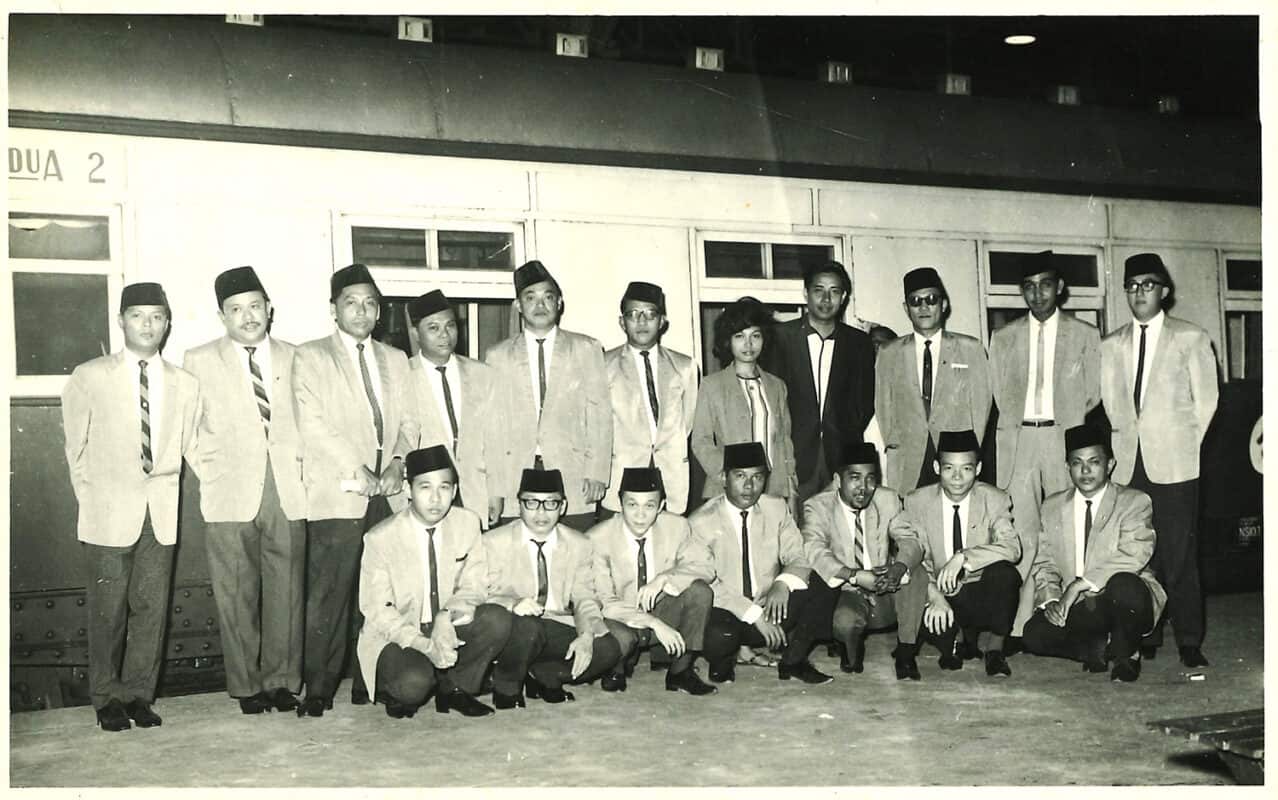
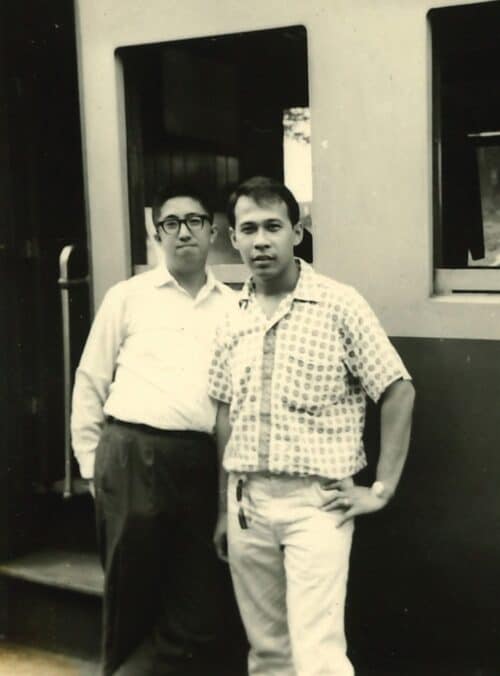
The following year, Soliano, who was on a trip to Penang, met with Eow Jin and invited him to join the Radio Malaya Orchestra (later RTM Orchestra). Though it meant leaving a pensionable government job, the opportunity was too good to pass up and Eow Jin embraced the new chapter in his musical career. He was earning less than RM200 as a clerk and the salary working with the orchestra was RM700, even though it was to be on a contract basis, the huge difference in earnings and the opportunity to work with the nation’s top orchestra was too good to pass up. It was a decision he never regretted.
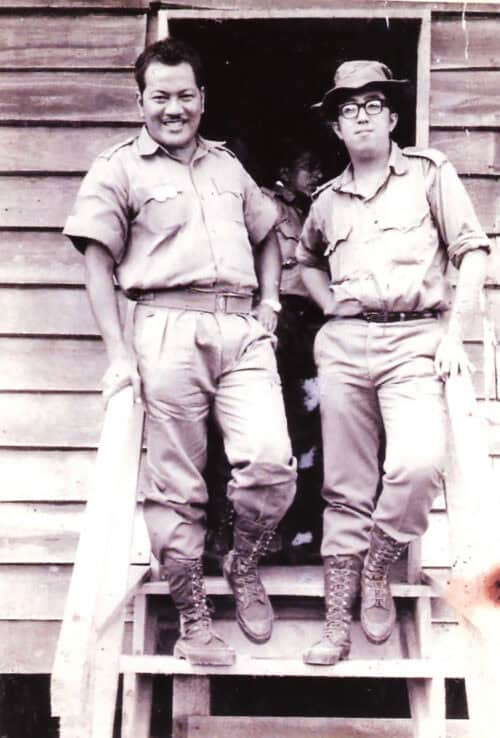
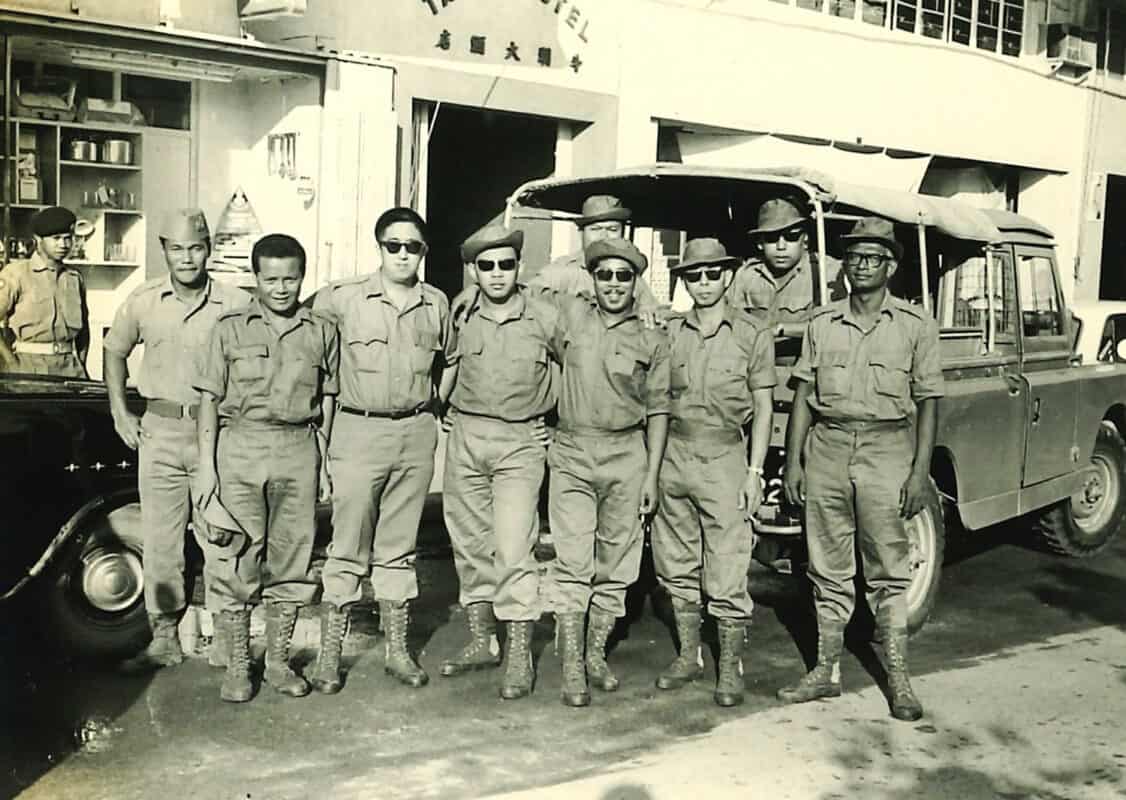
With the Radio Malaya Orchestra, Eow Jin experienced a whole new world which included performing at numerous functions for the Yang di-Pertuan Agong and heads of state. He also led the RTM Combo with P. Ramlee, Saloma, S.M. Salim, Hamzah Dolmat, Kamariah Noor and others for a three-week tour of 21 Army forward bases throughout the country in 1965.
After four years, Eow Jin left the RTM Orchestra in 1967. He then tried his hand as a commercial musician, leading combos in Kuala Lumpur hotels, like the Federal, Hilton and Regent. The longest stint he held was a four-year gig with his own seven-piece band at the Mirama Hotel. This was in a restaurant, and they had a floor show every night backing two singers – one who sang in Chinese and another from the Philippines.
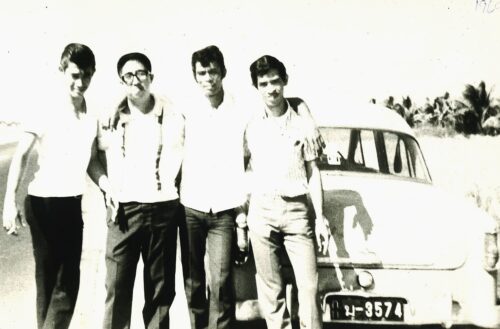
In between his contracts in Kuala Lumpur, he returned to Penang to play with Robert Tan’s band at the Ambassador Hotel. During one of these visits, Tony Perkins invited him to perform at a U.S. Air Force base club in Thailand in 1969, catering to American soldiers on leave from Vietnam. The quartet consisted of Tony Perkins (drums), George Baum (guitar), Jack (a Thai musician on bass) and Eow Jin on piano. He played with the band for six months before returning to Kuala Lumpur.
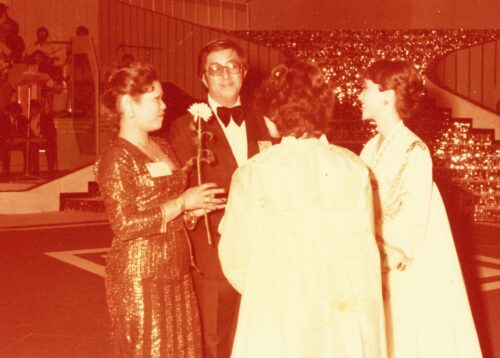
In 1974, when the RTM Orchestra had an opening for a senior musician cum arranger, Eow Jin took up the post and this second stint with RTM lasted for a decade. In addition to his work with RTM, he was also a part-time songwriter for local recording company Warnada, where he composed and arranged songs for artists such as Dahlan Zainuddin, Sudirman, Rafeah Buang, Jennifer Yen, Frances Yip, the Alleycats and Salamiah Hassan.
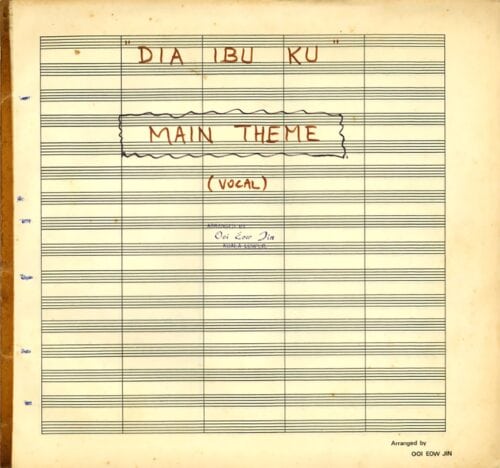
Eow Jin’s contributions extended to film, where he composed and arranged film scores for Dia Ibu Ku (1980) and Rantau Sepanjang Jalan, which won Best Theme Music at the 1983 Pesta Filem Malaysia.
One of Eow Jin’s most memorable musical moments was arranging a medley of a combination of 2 songs – ‘Cabaret’ and ‘Big Spender’ for Sudirman at the 1976 Bintang RTM finals. Eow Jin went on to produce Sudirman’s first album Teriring Doa and also composed one of Sudirman’s hits, ‘Gerimis di Lautan’.
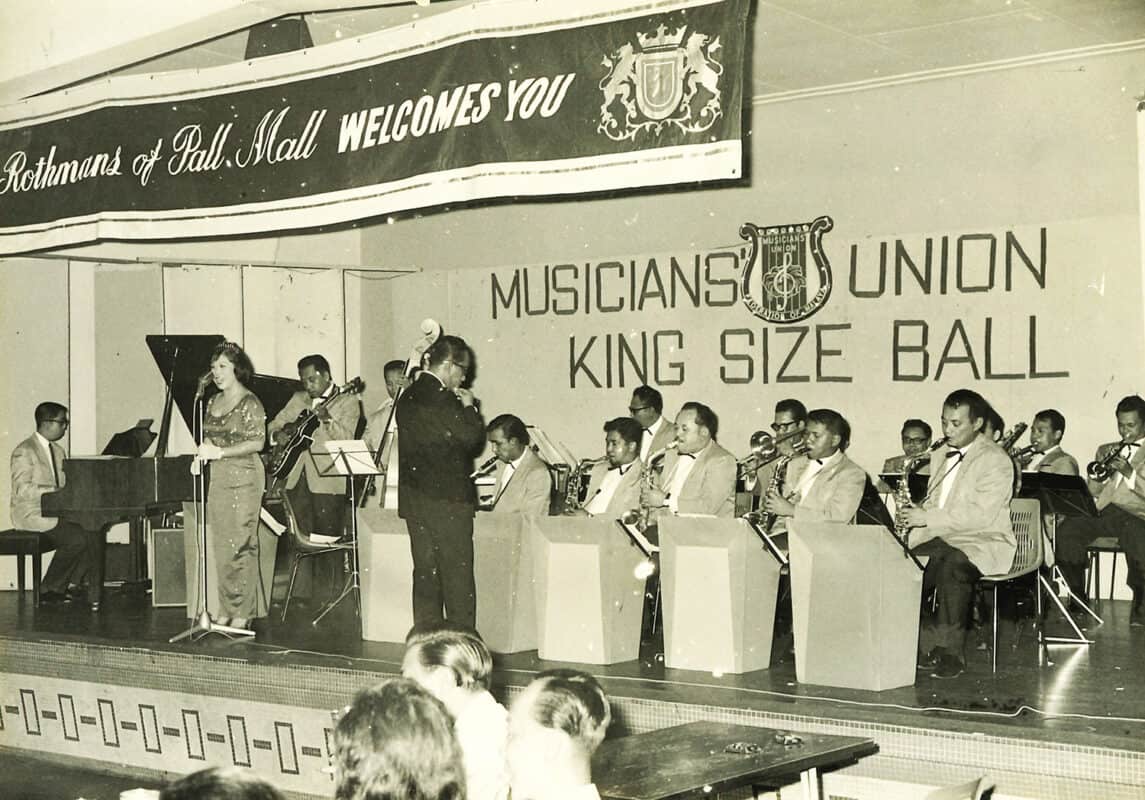
1984 saw Eow Jin venture yet into another area of music: education. He joined Institut Teknologi MARA (ITM) as a music officer in the Cultural Unit and a lecturer in the Fine Arts Department. This lasted a year before Ahmad Merican, who was then the programme manager of TV3, offered Eow Jin the job of a music supervisor/coordinator.
It was too good an opportunity to pass up as the job requirements suited him perfectly. During his time at TV3 from 1986 to 1999, he composed, arranged and produced more than 150 programme themes, station jingles and drama scores.
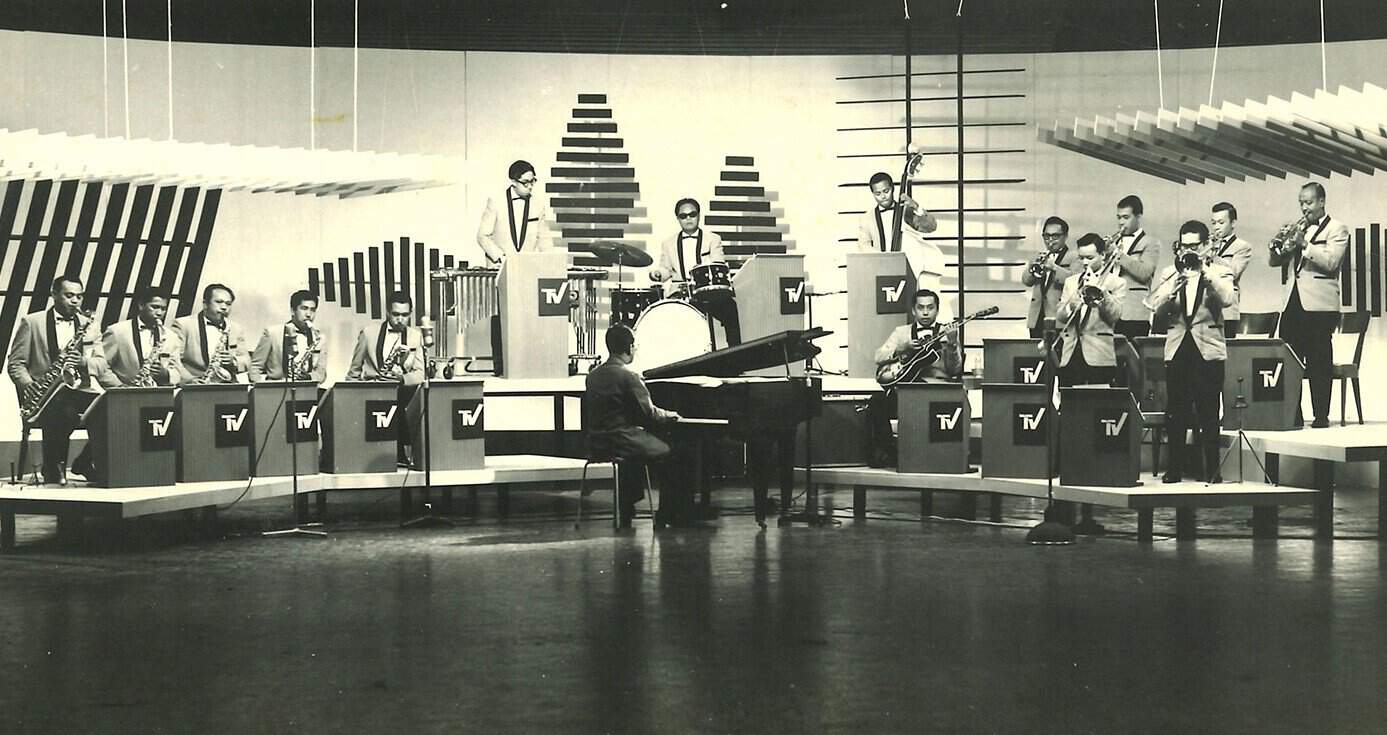
After retiring from TV3, Eow Jin returned to teaching, lecturing at the International College of Music (ICOM), Universiti Putra Malaysia (UPM), and Akademi Seni Budaya dan Warisan Kebangsaan (ASWARA).
He continued performing solo piano gigs at the Ritz Carlton Hotel and functions. His last contract was at The Majestic Hotel before being diagnosed with Alzheimer’s.
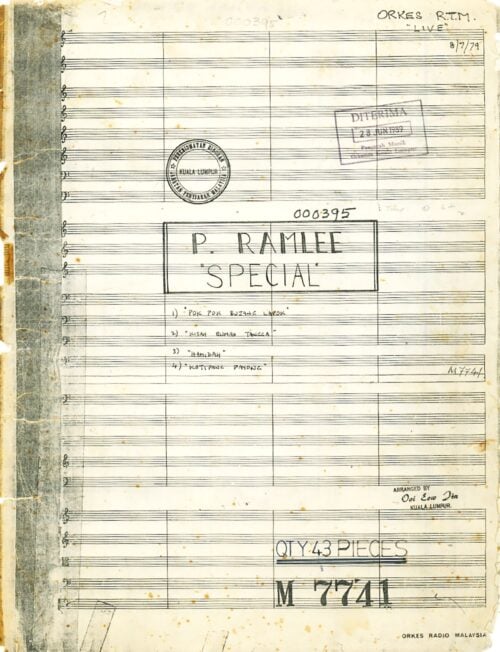
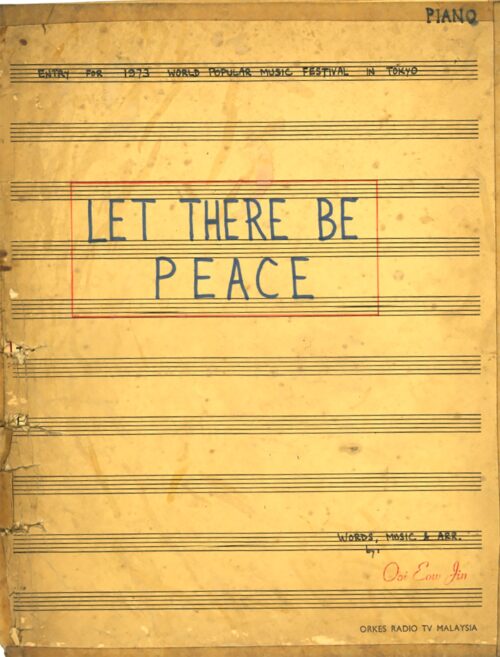
Considering that Eow Jin was a self-taught musician (except for a British correspondence course he did when he joined RTM, with not even a certificate at the end of it), his musical achievements were astounding!
He won a number of awards and recorded a number of firsts in the country, among which are:
- First professional musician to be authorised by the Ministry of Education to teach music courses at degree level.
- First professional musician to teach at UPM and to be appointed adjunct professor.
- First professional musician to be awarded the Anugerah Seni Negara for arranging by the Ministry of Culture, Arts and Heritage.
The last time Paul met Eow Jin was last year. He vividly remembers how his face lit up as he held Paul’s hands tightly. He could not speak at that time although he tried.
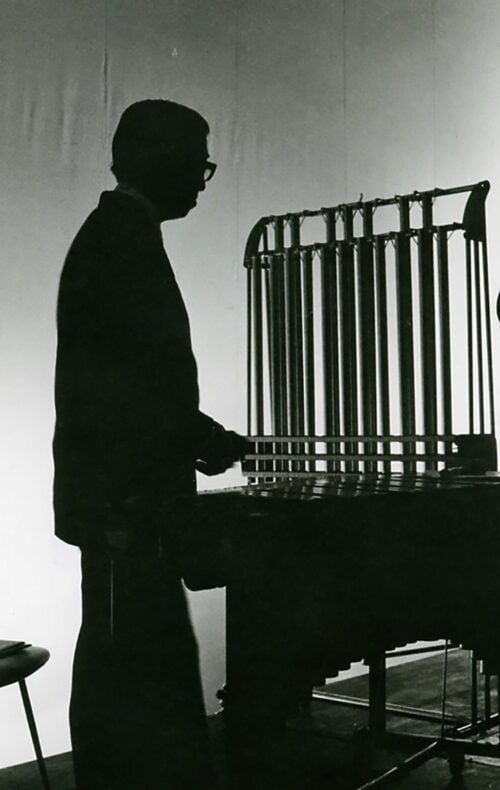
Summing up Eow Jin’s career, Paul remarked: “Amazingly, for a person who never intended to be a musician, Eow Jin had done it all in the Malaysian music industry: from an active musician and bandleader, composer, arranger, record producer to leading an orchestra, music instructor and film score writer. His knowledge of both Malay traditional and modern music was unmatched.
“In an industry known to be very tough to survive and succeed, Dato’ Ooi Eow Jin was a gem. His humble, accommodating nature and quiet way of giving support and encouragement to peers and the younger generation speak volumes. Recognition of his contribution to the Malaysian music industry was and has been long overdue, but when it did happen, it was viewed by many as a much worthy and deserving one indeed.”
Story by K.H. Ong
Pix courtesy of Paul Augustin

